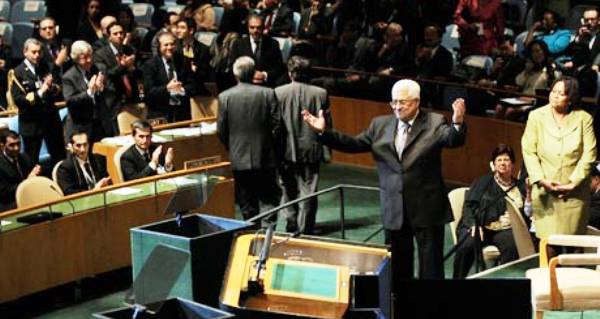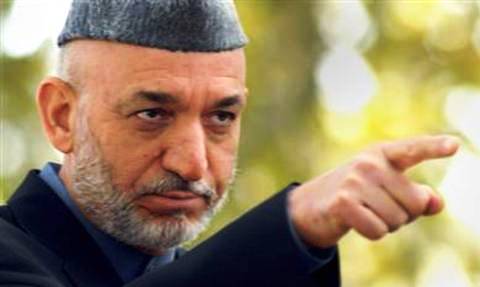The Farce Of UN Statehood For Palestine

There are a host of legitimate, substantive reasons to censure the recent Palestinian Authority (PA) application for statehood at the United Nations. Some observers have accused PA President Mahmoud Abbas of using the statehood bid as a cynical ploy to bolster his moribund popularity. Legal experts have asserted that the ramifications of the application could lead to a situation where diaspora Palestinians lose their internationally recognized right of return, codified in United Nations General Assembly resolution 194.
But perhaps the most trenchant criticism is the most simple: so what? Even if the Security Council voted in favor of the resolution, what change would it impact on the ground?
There is reason to laud the PA for this enterprise—without the approval or sanction of the United States—and asserting their own agency in the peace process. Although there are risible claims being regurgitated by the Israel for-right-or-for-wrong crowd that this is a “unilateral” maneuver, this is a very meaningful effort at internationalizing the conflict. In effect, the PA is attempting to move the conflict and the negotiations outside the penumbra of United States and Israeli control. Moreover, even if the Palestinians were to simply receive “observer status” through General Assembly ratification, they would have access to the International Criminal Court and the International Court of Justice. If anything, this could at least begin to bridge the massive differential power dyad between the Israelis and Palestinians.
The diplomatic and media brouhaha over the application demonstrates two points: 1) The two-state solution paradigm is obsolete; and 2) the United States will support nothing but a Israeli controlled and dictated Palestinian state. As I have written previously, Palestinian self-determination, following in the footsteps of their Arab brethren, will only truly be achieved through mass nonviolent civil resistance. Unfortunately, the PA is either unwilling or incapable of coordinating the already manifold efforts of nonviolent resisters. In early September, I heard a panel of PA representatives exhorting the participants of the discussion to accept and promote the statehood bid. When asked “what if it fails? What type of collaborative efforts is the PA engaged in with civil society?”, their answers were couched as though they were talking to US or Israeli officials. “We have informed demonstrators to remain within certain boundaries and not provoke,” they quickly retorted.















